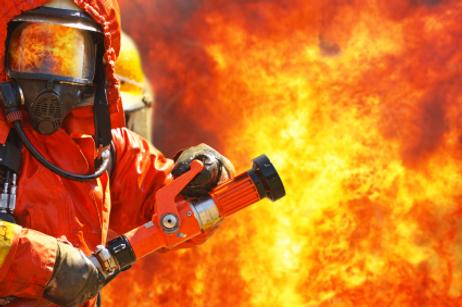Robotics is an exciting, dynamic field that utilizes robots in a variety of industries. Robots are used in manufacturing, transportation, warehouses, safety research, mass production, and even surgery. This field offers a wide range of employment opportunities to those who are qualified. How do you earn those qualifications? Your community college has programs in robotics to train you for a lucrative career in the industry.
Robotics is the design, repair, and maintenance of robots. A robotics engineer learns a blend of mechanical engineering, electrical engineering, and computer science principles to develop autonomous machines that perform a wide range of dull, dangerous, and complex tasks. Source: New England Institute of Technology
This video outlines careers in robotics.
About a Robotics Career
Best Accredited Colleges lists two common professions within the robotics industry:
- Robotics Technicians – These professionals typically require a two-year degree and are trained on the job in apprenticeship programs, as well as through classroom study.
- Robotics Engineers – These individuals earn a four-year degree, then usually go on to earn a graduate degree or professional certification in their field.
Both of these professions have a wide range of options within their chosen industry, including medical robots, air traffic management, and medical care. Industries in search of professionals with training in robotics include the auto industry, agriculture, and health care. Manufacturing is another area that uses robotics in






















